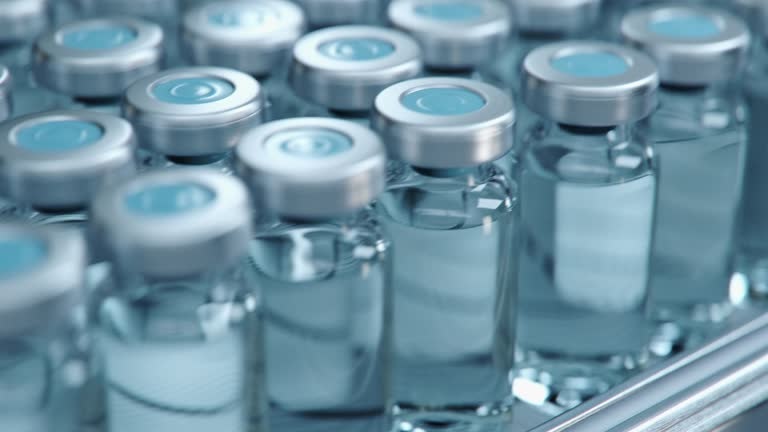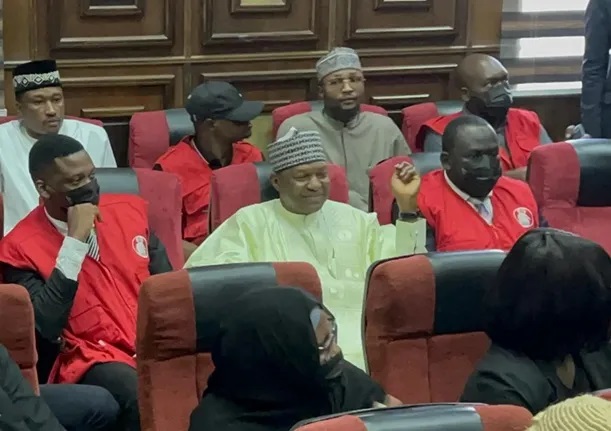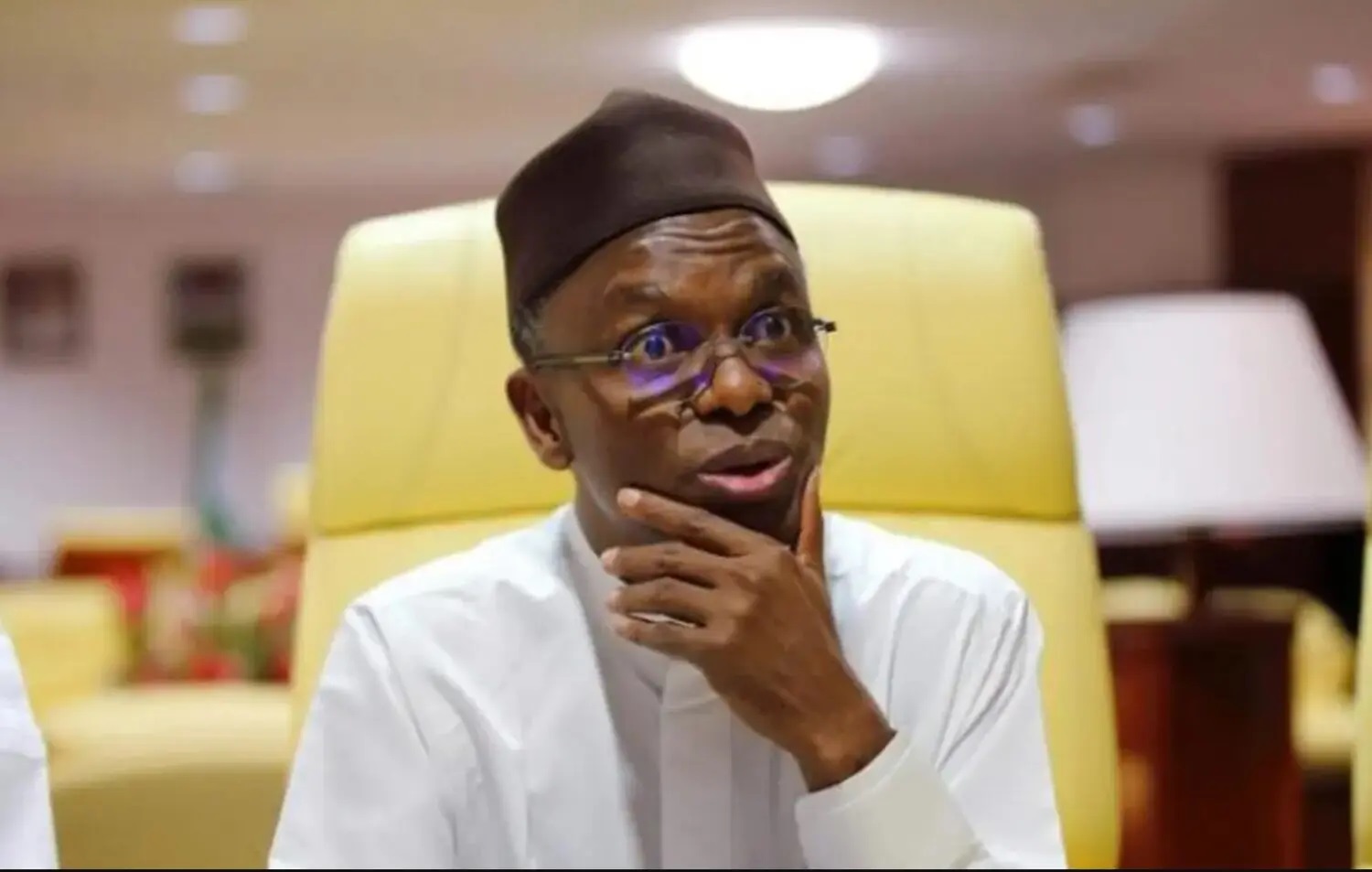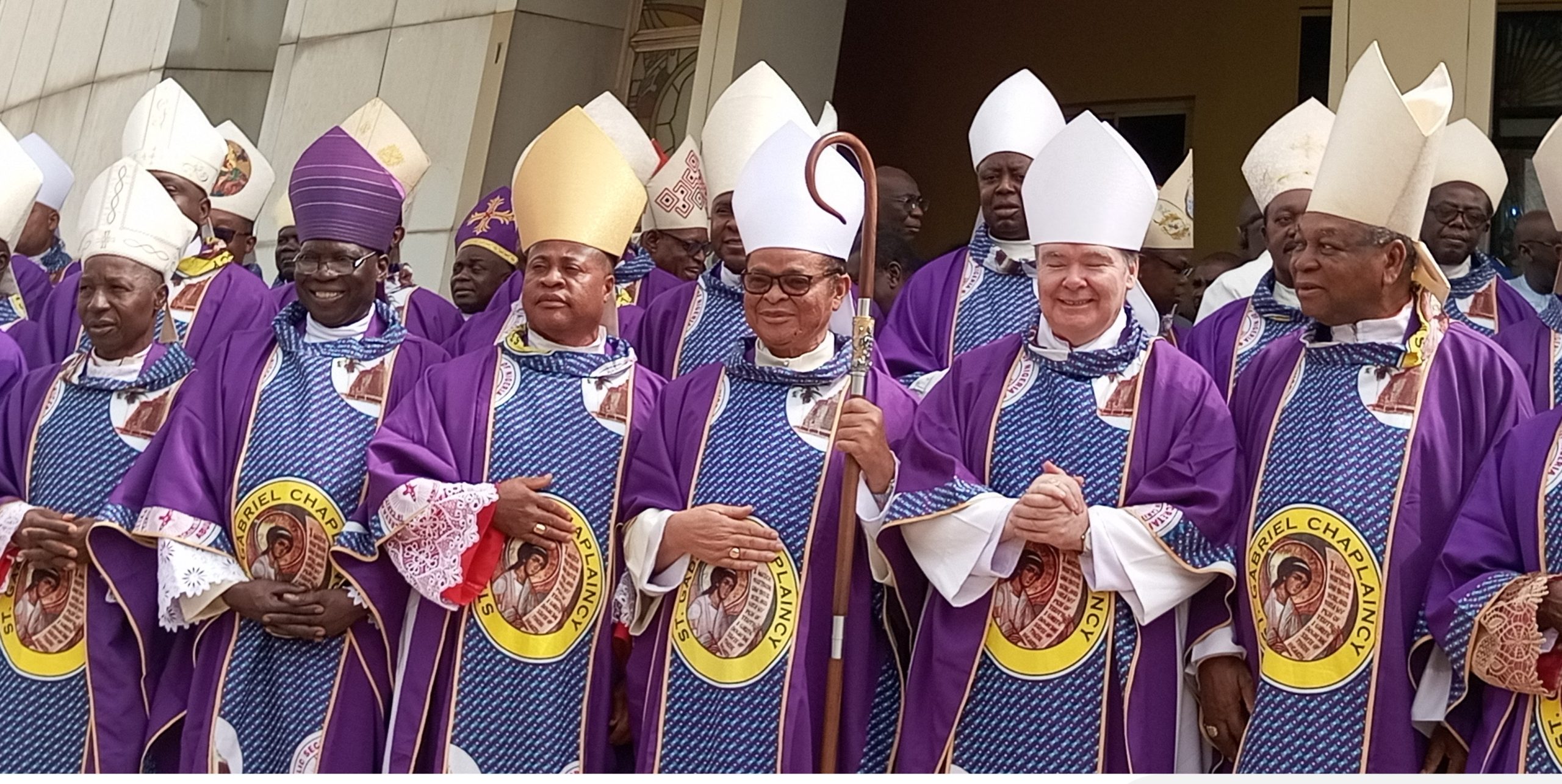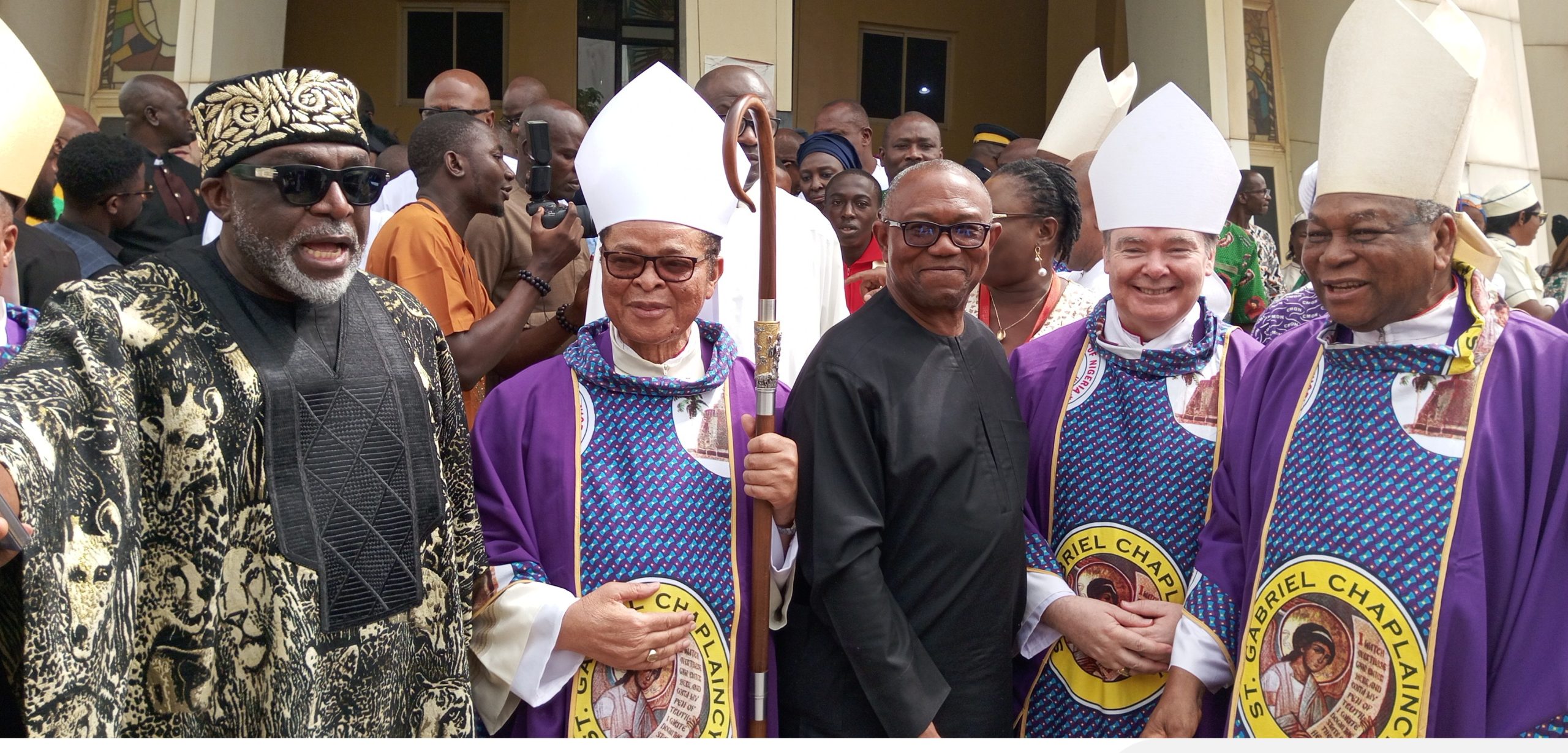A renowned virologist, Prof. Oyewale Tomori, has raised concerns about African countries paying nearly three times more for vaccines when procured independently, yet receive far fewer doses.
Speaking in an interview with News Agency of Nigeria (NAN) on Monday in Abuja, Tomori described the situation as unacceptable.
He was reacting to new insights from a Gavi report titled, “Expanding Sustainable Vaccine Manufacturing in Africa: Priorities for Support”.
The virologist, who was also, a former President of the Nigerian Academy of Science, said that such exposed stark disparities in vaccine costs and volumes across different procurement mechanisms in Africa.
According to him, the report reveals a disturbing trend.
“African countries that bought vaccines directly from manufacturers in 2020 spent 519 million dollars.
“The countries however, received only 141 million doses, translating to an average cost of 3.68 dollars per dose, the highest among all procurement pathways.
“In comparison, Gavi-facilitated procurement cost of 726 million dollars for 438 million doses, averaging 1.66 dollars per dose,” he said.
Tomori said that UNICEF-managed procurement for Gavi-eligible countries delivered 729 million doses for just 137 million dollars, at a rock-bottom average of 0.18 dollars per dose.
“This data is not just embarrassing, it is a loud indictment of a broken system.
“When we procure directly, we pay more and get less. It is that simple.
“Meanwhile, international pooled procurement mechanisms deliver better value and more doses,” he said.
He said that UNICEF spent the least and received the most doses.
Tomori said that in spite of handling nearly 56 per cent of the total vaccine volume (729 million of 1.3 billion doses), UNICEF accounted for just 10 per cent of the total cost.
He said that direct country procurement, which covered only 11 per cent of doses, consumed 38 per cent of the total financial outlay.
“This is not just about economics; it is about trust, transparency, and the avoidable deaths that result from inefficiency.
“Every overpriced vaccine means a child left unprotected,” he said.
The virologist identified two key drivers of this disparity: pricing discrimination by manufacturers, and corruption in national procurement systems.
He said that manufacturers offered different prices depending on who is buying.
“Pooled mechanisms get the best deals, but when countries go solo, often through shady middlemen, we bleed money,” he said.
He cited the lack of transparency and accountability in direct procurement as a major contributor to inflated costs and poor outcomes.
While describing the situation as unsustainable, reiterated the urgent need for Africa to build its vaccine manufacturing capacity.
“If we do not produce our vaccines, we will always remain beggars, paying more, receiving less, and begging for leftovers.
“The COVID-19 pandemic taught us this. This Gavi report confirms it,” he said.
He urged African leaders to move beyond declarations and invest in building end-to-end vaccine ecosystems, from research to production to distribution.
“We must localise production, clean up procurement processes, and never again allow our children’s lives to be priced at a premium we can not afford,” he said. (NAN)

